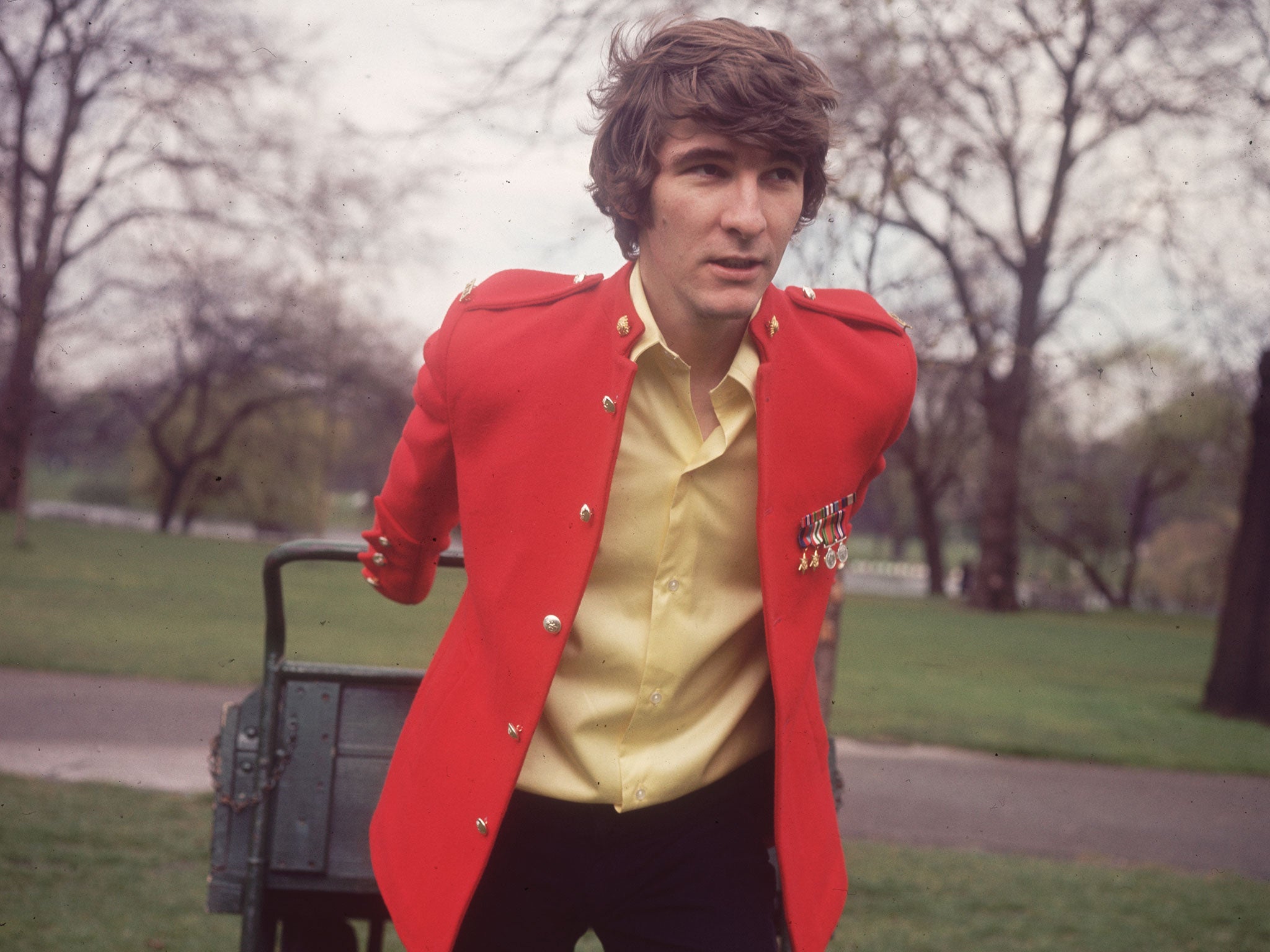Has the decline of the delivery boy killed the art of whistling?
Experts suggest social shifts, with a decline in working class jobs, as well as the rise of the iPod and mobile phones may be to blame

Your support helps us to tell the story
From reproductive rights to climate change to Big Tech, The Independent is on the ground when the story is developing. Whether it's investigating the financials of Elon Musk's pro-Trump PAC or producing our latest documentary, 'The A Word', which shines a light on the American women fighting for reproductive rights, we know how important it is to parse out the facts from the messaging.
At such a critical moment in US history, we need reporters on the ground. Your donation allows us to keep sending journalists to speak to both sides of the story.
The Independent is trusted by Americans across the entire political spectrum. And unlike many other quality news outlets, we choose not to lock Americans out of our reporting and analysis with paywalls. We believe quality journalism should be available to everyone, paid for by those who can afford it.
Your support makes all the difference.Paul McCartney said he knew The Beatles had really made it when he heard the milkman whistling one of the Fab Four’s hits. But it is less likely to happen these days, and not just because of the decline in milk deliveries. Whistling, it seems, is on the wane.
While whistling has been used by cultural icons from Benjamin Britten to Bing Crosby and Peppa Pig, new statistics suggest it is declining in popularity in 21st century Britain.
Experts suggest social shifts, with a decline in working class jobs, as well as the rise of the iPod and mobile phones may be to blame. Close to 70 per cent of people believe fewer people whistle now compared with two or three decades ago, according to a YouGov poll commissioned by The Sunday Times. Nearly half said it was down to fading working class culture and a third blamed portable music devices.
Chris Cook, a cultural historian at Syracuse University, told the newspaper whistling was “nothing like it was a few decades ago”.
Experts said there had been a decline in jobs associated with whistling, including milkmen, delivery boys and workers in coalmines.
A survey in 2012 reflected changing attitudes, showing that three-quarters of tradesmen, from roofers to construction workers, believed wolf whistling at passing women was inappropriate.
A Brief History of Whistling by John Lucas, a research professor at Nottingham Trent University, and his former student Allan Chatburn outlines some of the reasons behind the decline.
The pair wrote the book after questioning what had happened to whistling. “For one thing, we don’t have delivery boys any more,” Professor Lucas told The Nottingham Post when the book was published last year.
Protests against wolf-whistling builders were another reason, “and we now have the Walkman and later the iPod; people are putting earphones on and listening in rather than making music themselves.”
Enjoy unlimited access to 100 million ad-free songs and podcasts with Amazon Music
Sign up now for a 4 month free trial (3 months for non-Prime members)
Enjoy unlimited access to 100 million ad-free songs and podcasts with Amazon Music
Sign up now for a 4 month free trial (3 months for non-Prime members)
The book traced the form back to Homer, and said it began to be seen as an art in the US in the mid-19th century with Vaudeville. In the 1920s, California set up an Academy of Whistling.
After the Second World War, whistling was hugely popular. Ronnie “The Happy Whistler” Ronalde, who died in January, toured the world with his whistling and was championed by John Peel. The late BBC DJ said that when he was a child, Mr Ronalde was as “big a star as there was”.
Many remember iconic film moments involving whistling, from Lauran Bacall’s “you just put your lips together and blow” to The Life of Brian’s finale with the whistling in “Always Look on the Bright Side of Life”.
The soprano Catherine Bott said she had also been a whistler all her life and it was “not dead yet”. “Whistling errand boys may have vanished as we all shop online but it’s got more of a future than I thought,” she said.
In the recent BBC Radio 4 programme The Whistling Woman, Bott, also a broadcaster, said: “For me it’s an aid to concentration, a valuable distraction from background noise, and much easier than singing when I’ve got a fiddly acrobatic, instrumental earworm on the go.”
Join our commenting forum
Join thought-provoking conversations, follow other Independent readers and see their replies
Comments